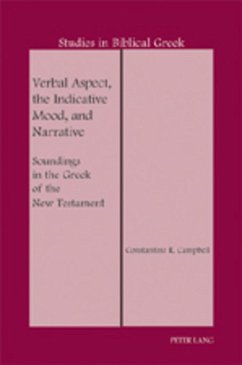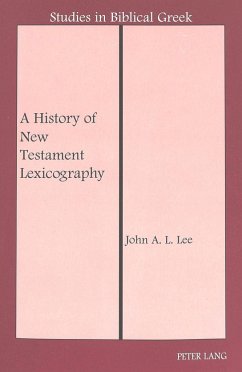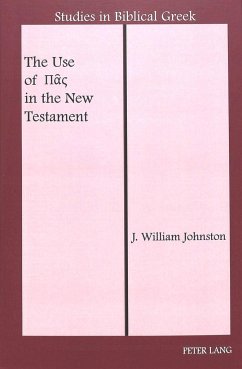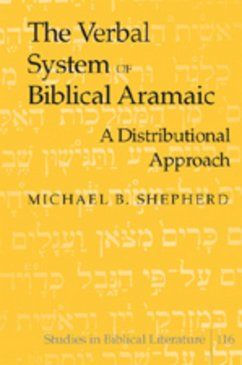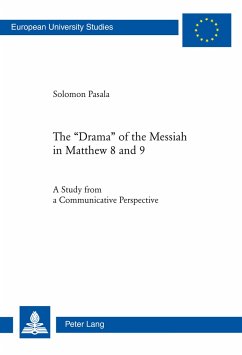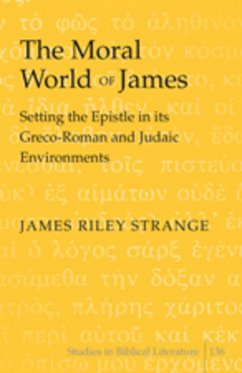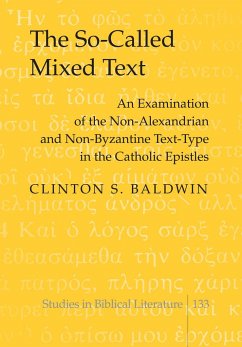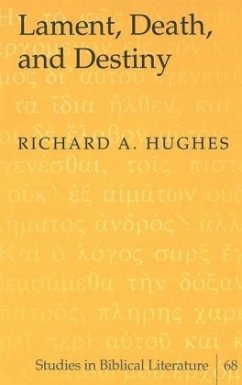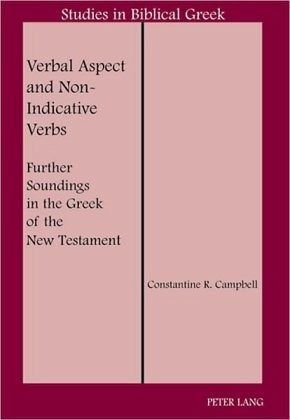
Verbal Aspect and Non-Indicative Verbs
Further Soundings in the Greek of the New Testament
Versandkostenfrei!
Versandfertig in 6-10 Tagen
38,95 €
inkl. MwSt.

PAYBACK Punkte
0 °P sammeln!
Constantine R. Campbell continues the work begun in his previous volume, Verbal Aspect, the Indicative Mood, and Narrative: Soundings in the Greek of the New Testament. In this book, he investigates the function of verbal aspect in non-indicative Greek verbs, which are of great significance for the translation and exegesis of Biblical texts. Campbell demonstrates that the model developed in his first volume provides strong power of explanation for the workings of non-indicative verbs, and challenges some of the conclusions reached by previous scholarship.




